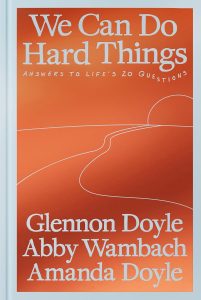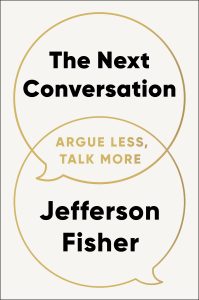
Elizabeth Gilbert has built a career on turning personal transformation into art. From Eat Pray Love’s global pilgrimage of self-discovery to Big Magic’s creative philosophy, she has consistently explored what it means to live authentically. In All the Way to the River: Love, Loss, and Liberation, Gilbert dives into her most vulnerable terrain yet the complicated, painful, and redemptive story of her love for musician and writer Rayya Elias.
At its core, this memoir asks difficult questions: What happens when the love that once set you free becomes the very thing that confines you? How do you reconcile passion with self-destruction? And what does recovery look like when both love and addiction are intertwined?
The book revisits Gilbert’s relationship with Rayya from its unlikely beginnings two opposites drawn together by creative energy and mutual brokenness to its unraveling under the weight of addiction and illness. Gilbert writes with her familiar lyrical sensitivity, unflinching honesty, and at times, a self-conscious attempt to make sense of the chaos that shaped their bond.
Readers who admired the warmth and introspection of Eat Pray Love may find this memoir darker and more fragmented. It oscillates between moments of clarity and spirals of analysis, mirroring the tumult of a mind still processing loss. Some critics argue that the prose occasionally tips into over-explanation, as if Gilbert fears the reader might not fully grasp her pain or her recovery. Yet this vulnerability is also what makes the book so raw and human.
One recurring metaphor, “Earth School,” captures Gilbert’s philosophy that we each choose our life’s lessons before being born. To some, this spiritual framework may feel self-soothing or privileged, but to others, it will read as an earnest attempt to impose meaning on suffering. The book’s uneven rhythm reflects a woman still in the process of healing, still trying to rewrite her story with compassion rather than shame.
The most divisive aspect of All the Way to the River lies in its portrayal of Rayya. Some readers have noted that Rayya feels more like a mirror of Gilbert’s emotions than a fully realized person. We see her mostly through Gilbert’s perspective the addict, the muse, the love, the loss. While this limits Rayya’s dimensionality, it also underscores the memoir’s theme: love, in its most consuming form, can blur the boundaries between self and other until the two are indistinguishable.
For readers who have struggled with addiction, grief, or toxic love, this memoir may hit painfully close to home. Gilbert’s candor about her own “kindergarten stage” of recovery is disarming and brave. She does not present herself as enlightened, only as a student learning, relapsing, and reaching again for grace.
All the Way to the River is not a neatly tied narrative of triumph. It is messy, confessional, and sometimes uncomfortable. But it is also a courageous exploration of what it means to lose yourself in love and then slowly, painfully, find your way back.
👉 Get your copy here: Buy on Amazon


